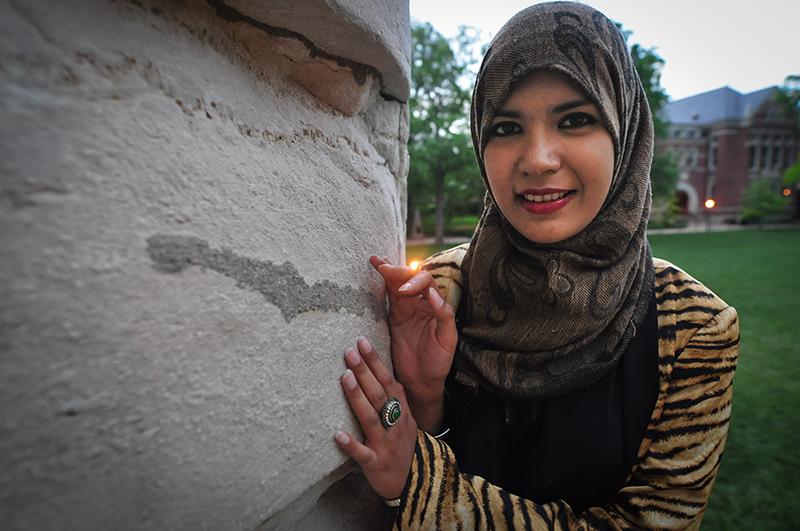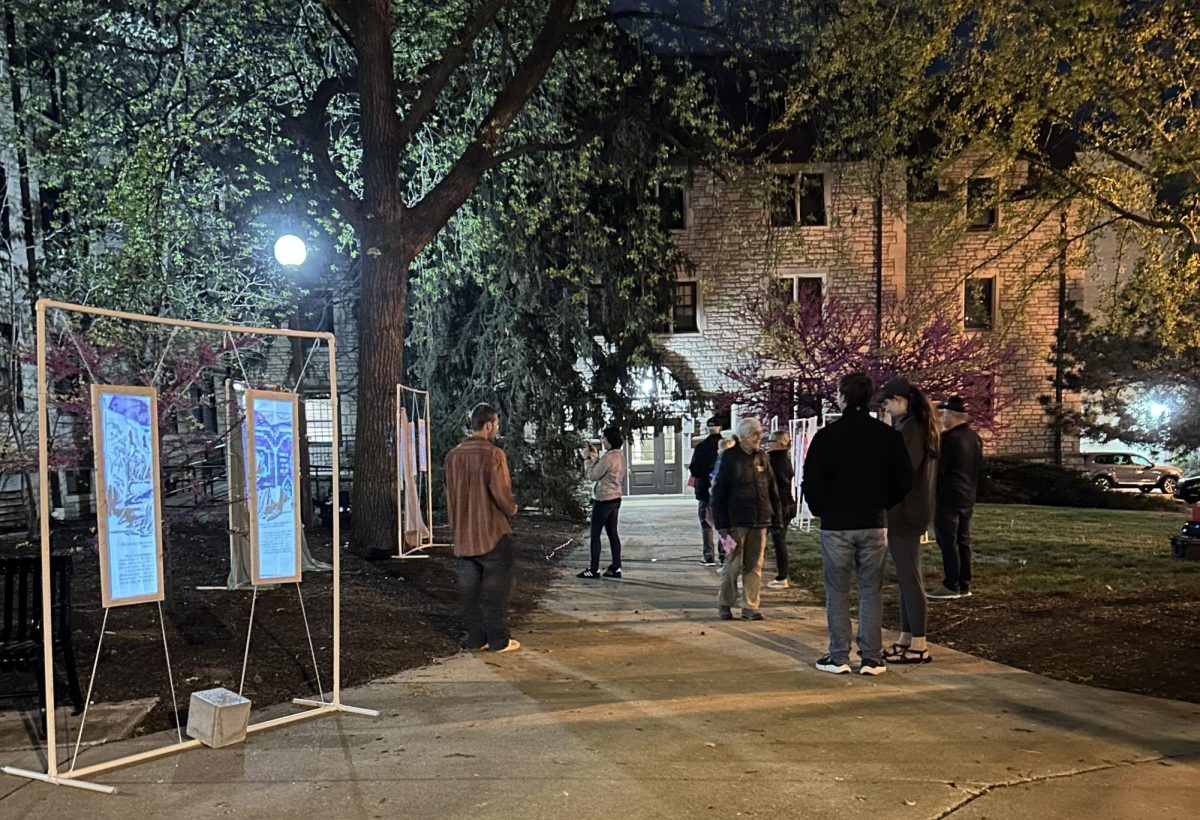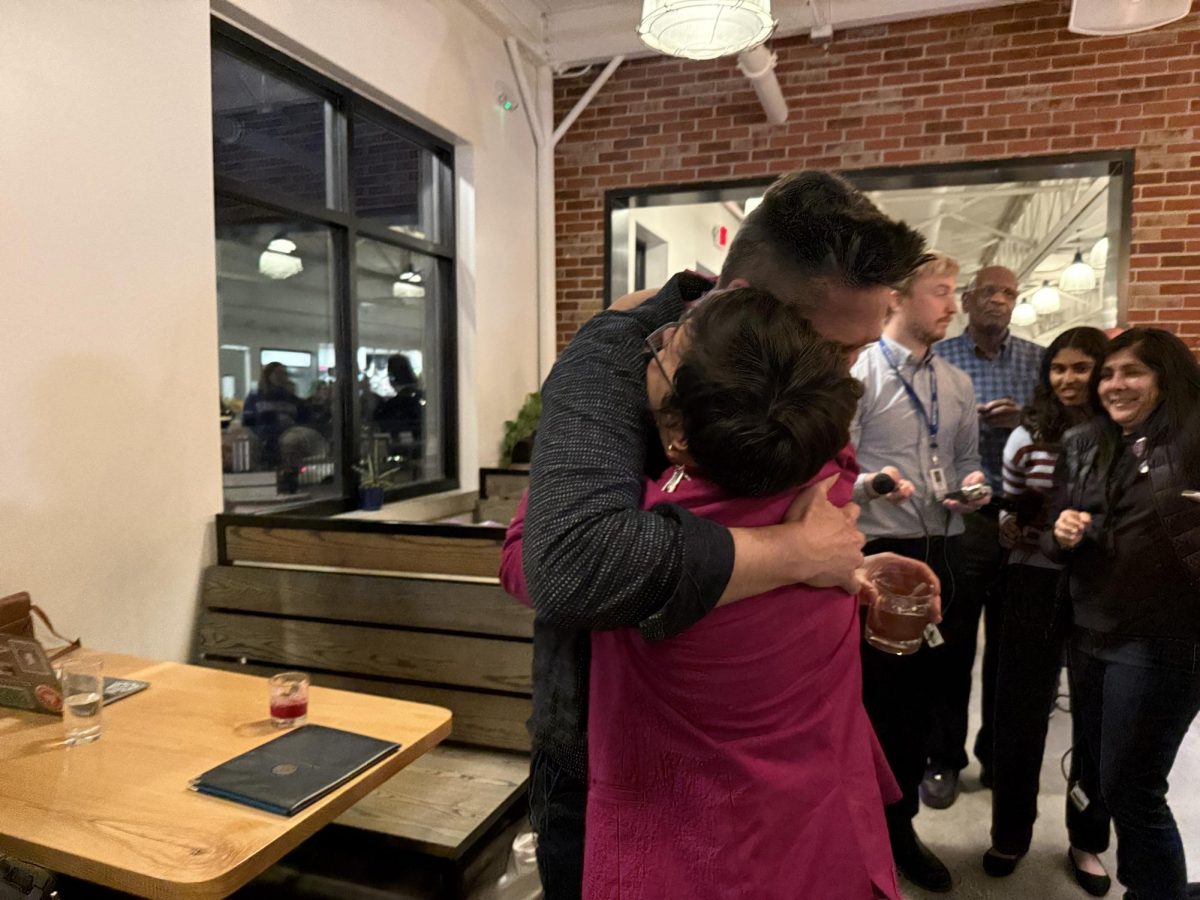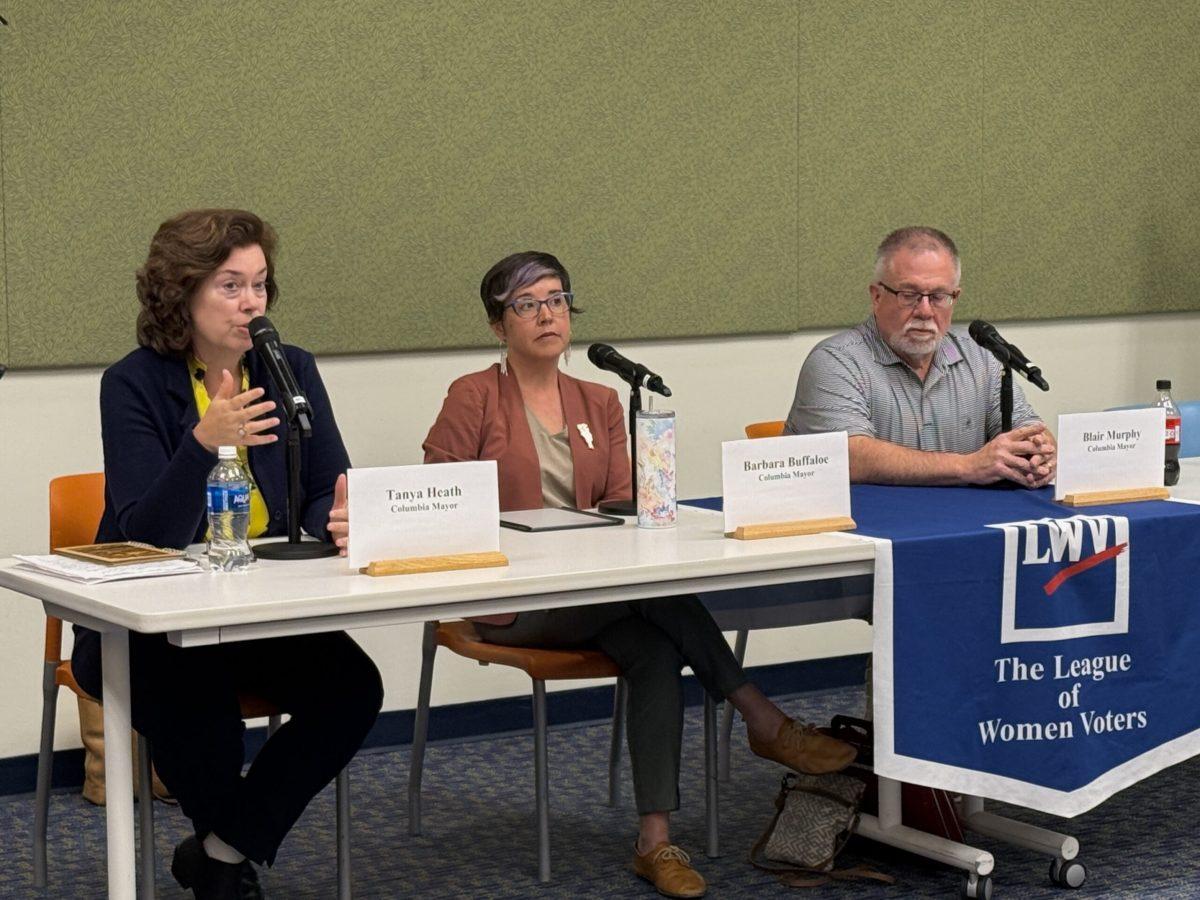When graduate student Zahra Rasool first stepped onto the MU campus, she was extremely overwhelmed. Having moved abroad from India in 2009, the U.S. was a very different place.
“I was very conscious about who I was,” Rasool said. “I was conscious about my accent. I wear a headscarf. You know, I stood out everywhere I went. The color of my skin was different. These were things I realized for the first time. I thought to myself, ‘If I do not take the initiative to speak up, I am not going to fit in over here.’”
With these initial thoughts, Rasool set out to work hard and strive for excellence. As a journalism major, Rasool began to exercise her voice and learn how to take initiative.
Recently, Rasool received the O. O. McIntyre Fellowship award, a $12,000 stipend to be utilized in completing a project in the journalism student’s field of study. With inspiration from her experiences in both the U.S. and India, Rasool decided to use this award to document several stories of women in India who are striving for equality and empowerment.
John Schneller, committee chair of the O. O. McIntyre Fellowship board, commended the merit of Rasool’s project.
“Journalism, at its root, is about civic participation, and Zahra has identified a way to share the collective voices of Indian women with the rest of the world,” Schneller said.
The project is still in the early stages of development, but Rasool said it will consist of a series of stories about the changes that women in rural areas of India are trying to make in their communities.
“In India, there are women involved in politics, but the number is very, very small,” Rasool said. “According to Indian law, women are allowed to and even encouraged to participate in government. Unfortunately, women often do not participate because of culture and tradition. The culture and tradition is so ingrained that it is extremely difficult for women to participate.”
As a young girl living in India, Rasool and her brother both had the opportunity to study and receive an education. In the U.S., Rasool saw that the standard for women’s education was important to the society as a whole, and she saw equality enacted more here than in her home country.
“(In the U.S.) I saw how women could be free and pursue what they wanted to pursue,” Rasool said.
Stricken by these differences, Rasool has chosen not only to document empowerment in India, but to show the differences between U.S. and Indian empowerment of women in her project.
Psychology professor Etti Naveh-Benjamin has worked closely with Rasool for the past four years. In spending time with Rasool, Naveh-Benjamin said she has witnessed Rasool’s determined, strong, and kind personality and has found her to be a woman who strives for excellence, equality and justice.
“She is about doing the right the thing,” Naveh-Benjamin said. “Zahra is trying to bring her perspective of justice and inclusion to a culture she loves, a culture she calls home, but a culture she would like to see change. This is not easy, but I am fully confident that Zahra is up to the task.”
Rasool hopes that through the project, she is able to show what women empowerment means from a new and unexpected perspective.
“The western mindset of empowerment is very different from India’s mindset of empowerment,” Rasool said. “I hope to show that women in rural areas who are held down to their cultures, traditions and communities are able to create change that affects a lot of people.”







